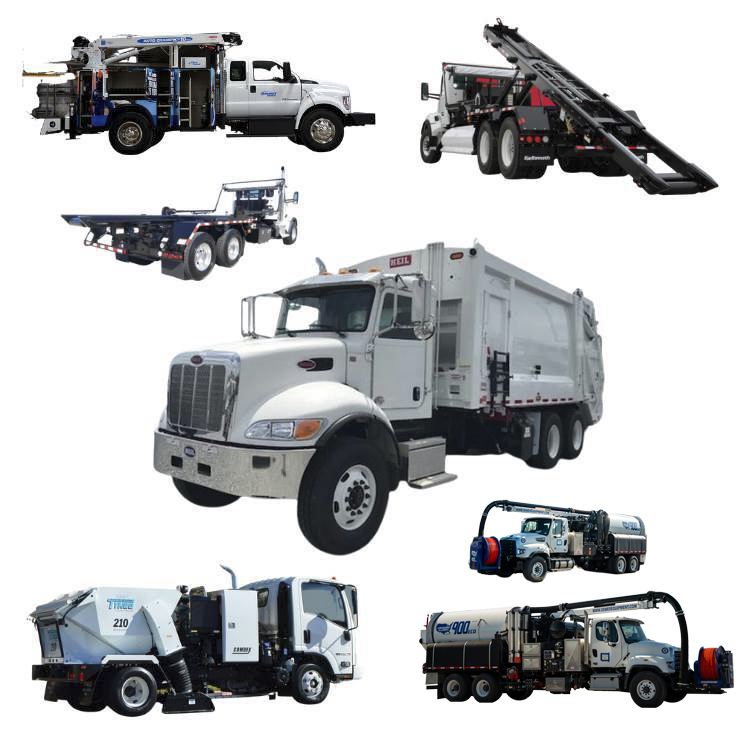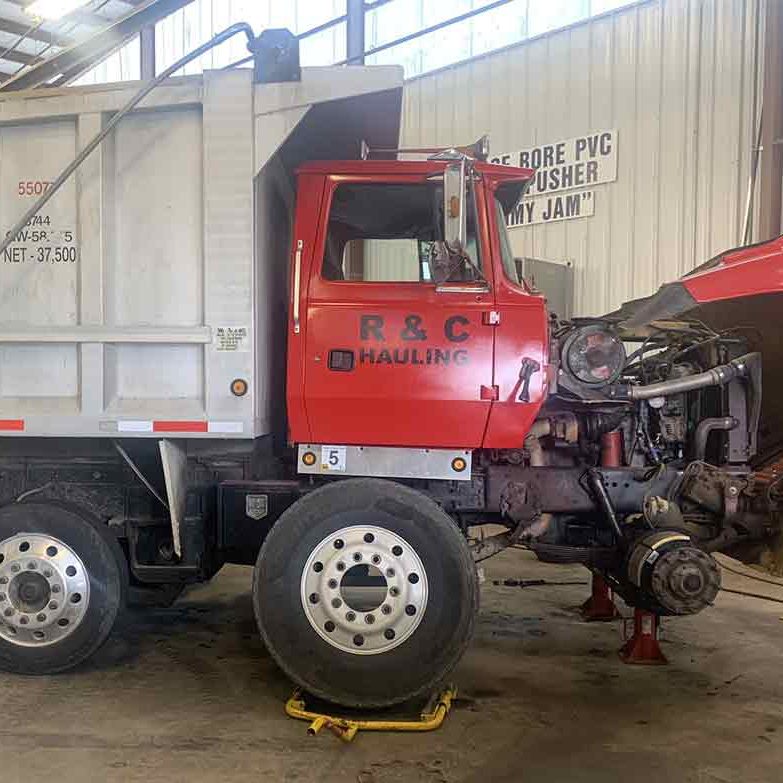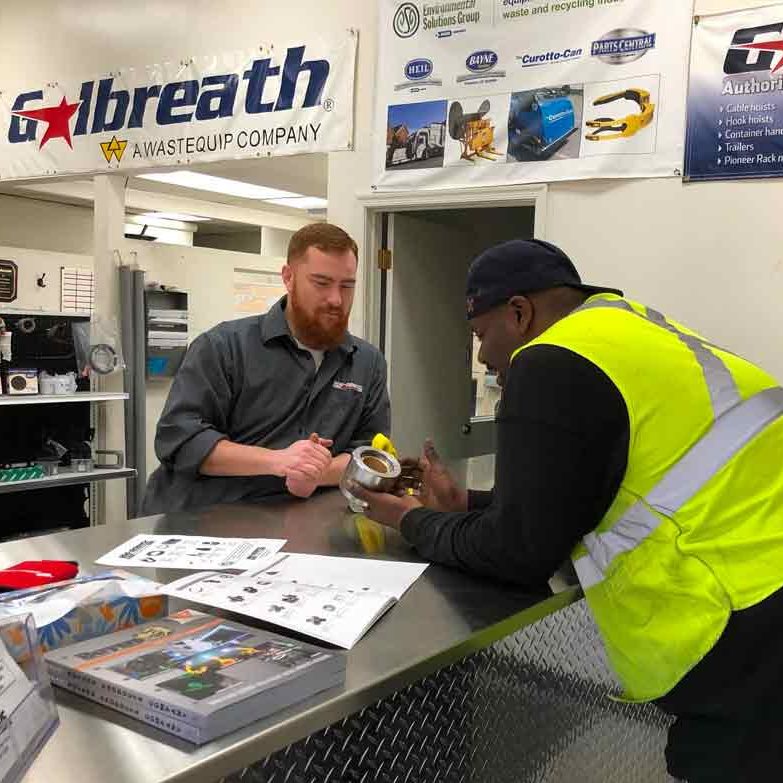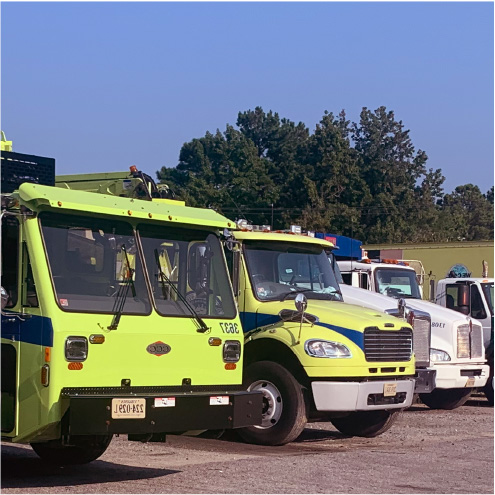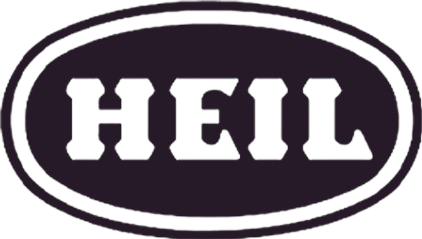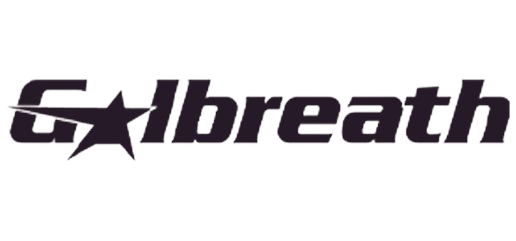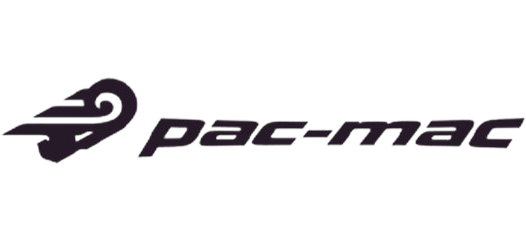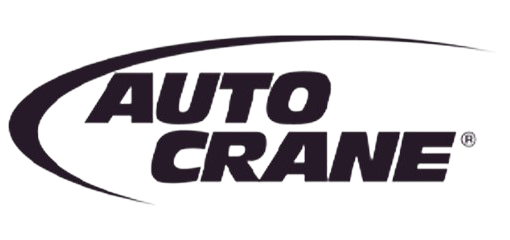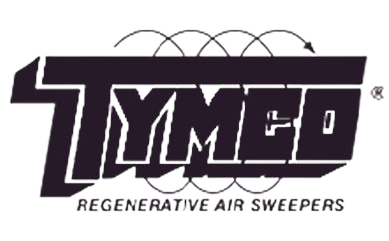Winter weather represents many challenges to heavy equipment and machinery. Low temperatures, strong winds, precipitation, and snow can stand in the way of business. Cold weather can take its toll on your equipment, causing parts to malfunction that keep you off the road, which can cause delays in your service and potential loss of income. Proper maintenance is key. Going over your equipment and addressing any potential issues will save you time and money in the long run.
Here are our top 9 tips for getting ahead of your equipment’s winter maintenance:
– Daily Inspections – Have your team perform quick inspections daily, including checking fluid levels and any obvious damage. Being proactive is vital.
– Manufacturer Recommendations – Make sure your equipment is up to date with manufacturer-recommended services, paying special attention to any winter-specific recommendations.
– Lubricate Systems – Including transmission, engine, and hydraulic systems. Make sure your equipment is lubricated – this is always important but even more so when temperatures drop below freezing. Lubricants reduce wear and tear, improve reliability and lower your costs. When temperatures drop, it can congeal your fluids and stop them from flowing properly through the machine.
– Check Filters – Check all filters and replace them if needed to prevent engine starting issues and power loss, including air filters, hydraulic filters, and fuel filters.
– Inspect hoses as they are susceptible to cracking in the winter, and replace them as needed.
– Refill Tank – After each use, refill the fuel tank to prevent icing, taking extra care to prevent water and other particles from getting in the tank.
– Check Tires – Check the tire pressure frequently and clear away snow to prevent machinery from freezing in place.
– Check the Battery – If the machine won’t be used at all in the winter, remove the battery and store it indoors. Avoid charging a frozen battery to prevent battery explosion.
– Keep the Exterior Clean – Road salts take a toll on equipment so be sure to rinse after each job, including the undercarriage, and make sure all windows are easy to see through. Keeping your equipment clean by removing dirt, mud, and debris will help you more easily spot any issues, and avoid any corrosion.
– Warm-Up Equipment – Ensure that your operators give the equipment the proper amount of time to warm up before use. Increased warm-up times, traveling at lower speeds, and not pushing equipment past its capabilities will help you avoid any problems.
– Store Equipment Inside or Under Cover – Store heavy equipment indoors if possible or at least under a shelter to protect it from the elements. If you’re not using your equipment, be sure to start it regularly and use some of its basic functions.
When your business can’t afford to slow down, it’s crucial to properly maintain your fleet. The experts at MAWS can design a PM plan for your heavy trucks and equipment to help it last longer and work harder for you and your customers.

